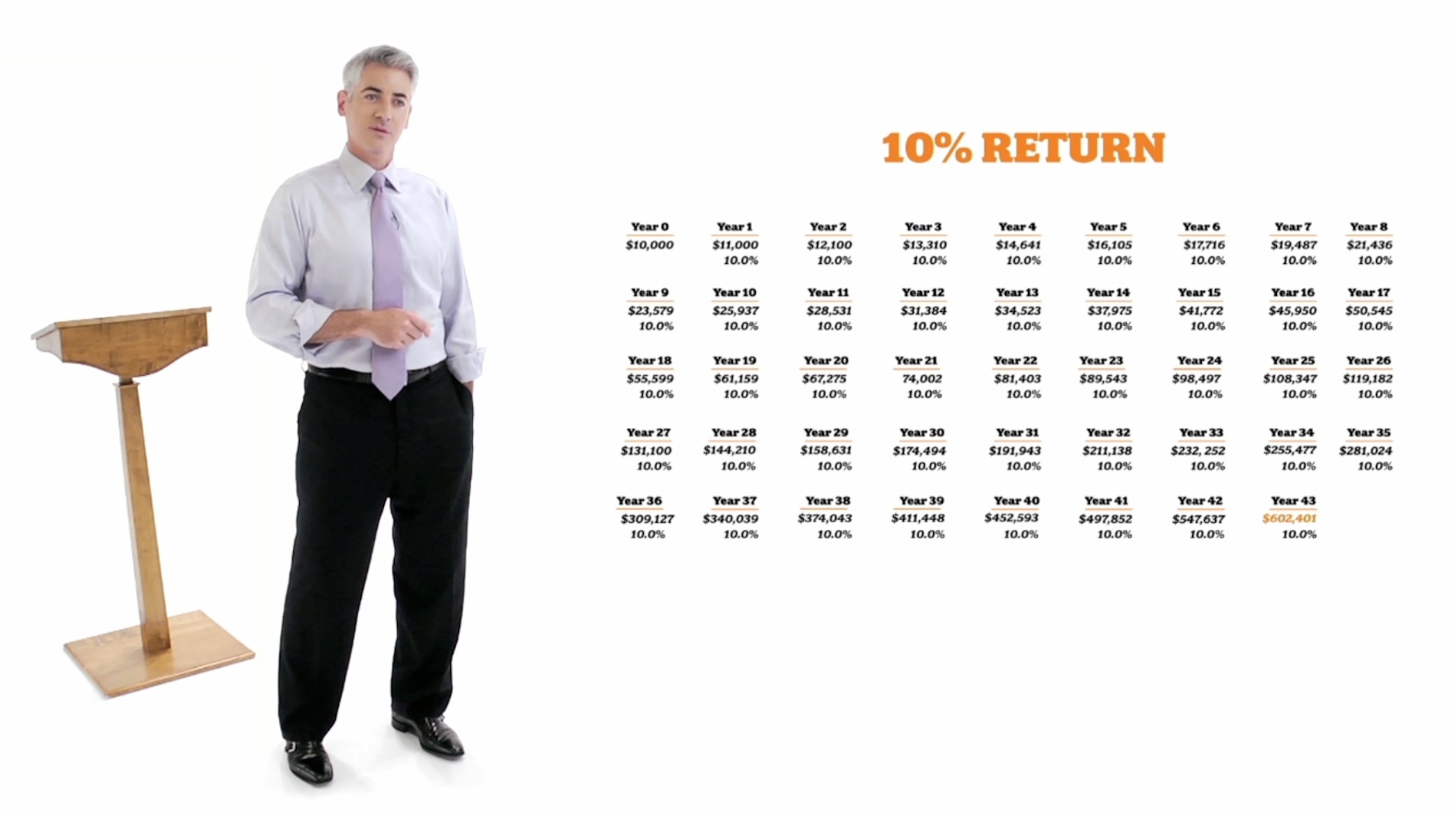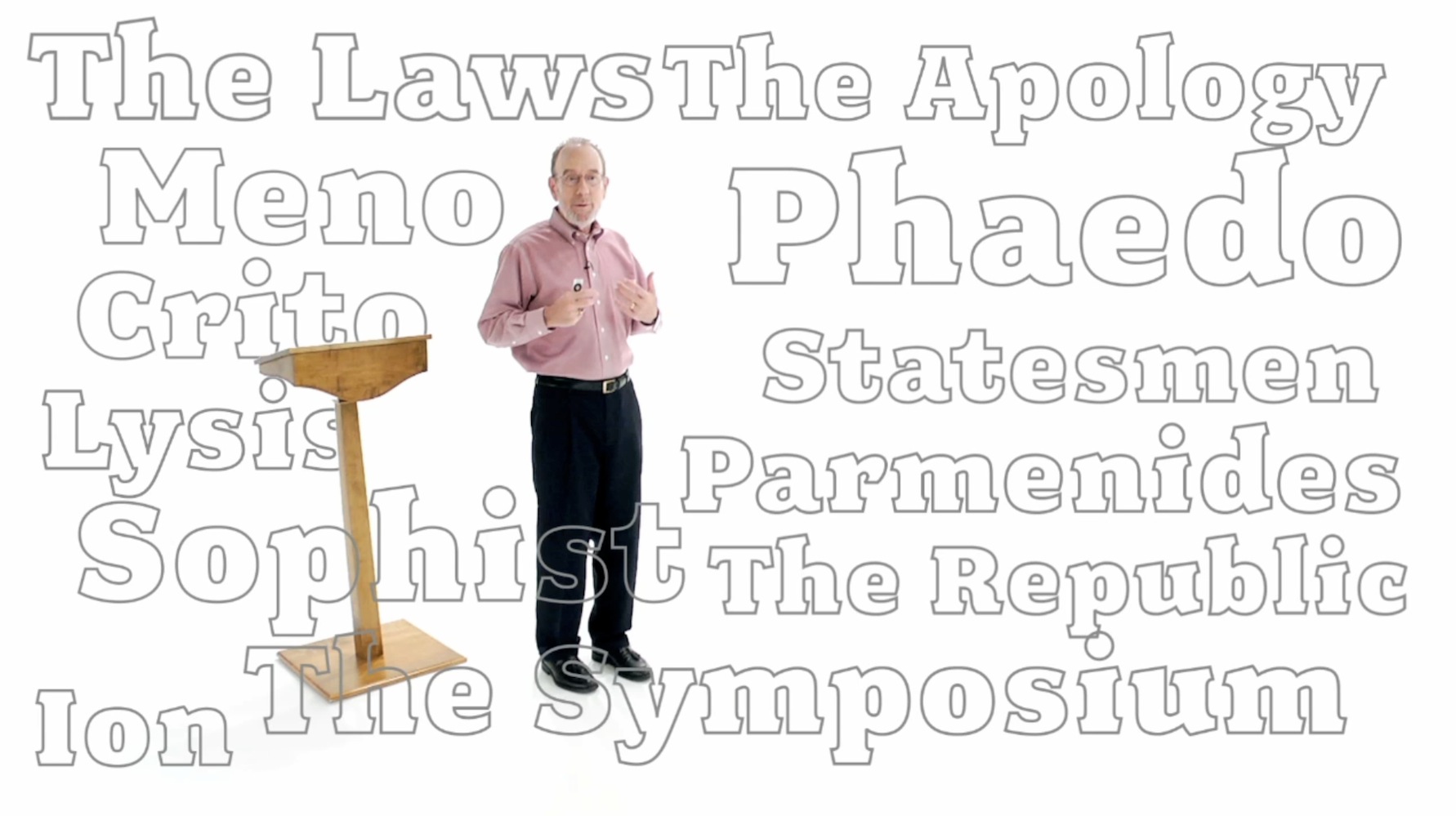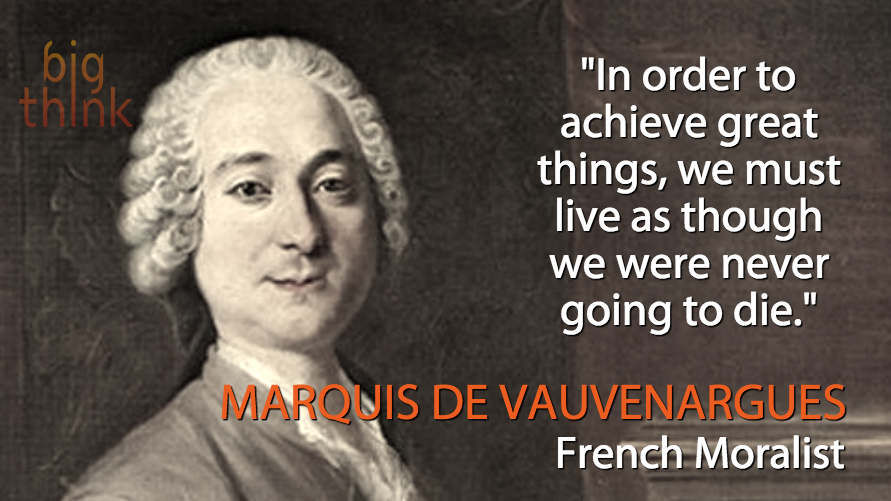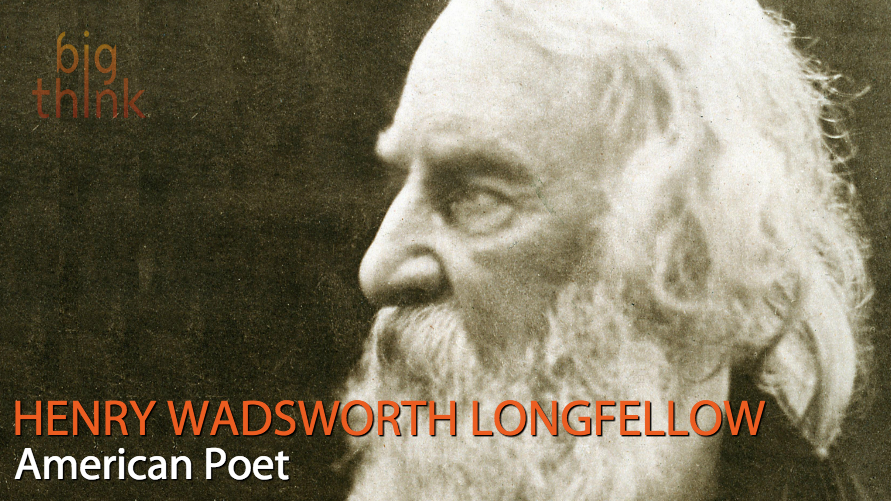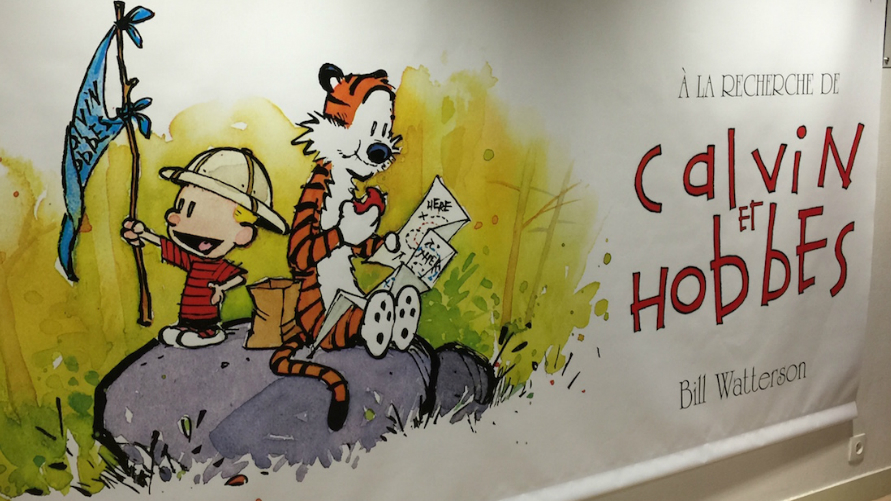bigthinkeditor
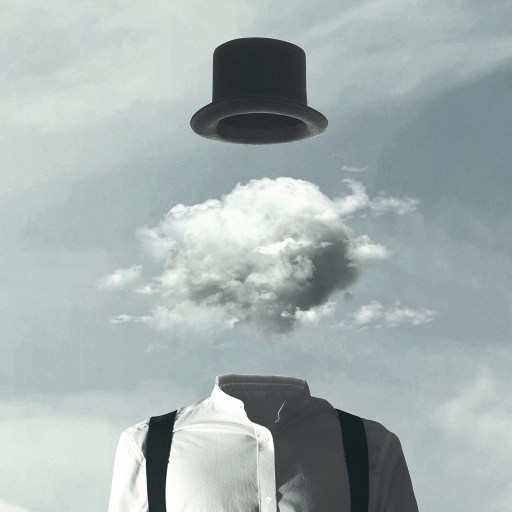
Words of wisdom from the Wizard of Menlo Park: “Many of life’s failures are people who did not realize how close they were to success when they gave up.”
We all want to be financially stable and enjoy a well-funded retirement, but we don’t want to squander our hard-earned money on poor investments.
Yale Professor Jeffrey Brenzel argues that reading the great classics can not only enrich your education, but also actually make your life better.
The most important thing about art is every person’s capacity to make it, and that the body/mind discipline of cultivating your artistic abilities has collateral utility for every aspect of life.
Our successes and failures are similarly linked to others, though we may feel their effects only personally. Every choice you make, every behavior you exhibit, and even every desire you have finds its roots in the social universe.
Professor Douglas Melton takes a look at the basis for regenerative medicine, the human body’s ability to divide, grow, and specialize cells.
We’re halfway through our rollout of The Floating University here at Big Think. It’s some of the most vital, timely, and mind-changing video content anywhere on the Web. Here’s number six of 12 on our list, featuring Yale psychologist Paul Bloom.
Words of wisdom from public intellectual Noam Chomsky: “One of the problems of organizing … is that people tend to think — even the activists — that instant gratification is required. You constantly hear: ‘Look I went to a demonstration, and we didn’t stop the war, so what’s the use of doing it again?'”
Words of Wisdom from the legendary Chrysler executive: “Motivation is everything. You can do the work of two people, but you can’t be two people. Instead, you have to inspire the next guy down the line and get him to inspire his people.”
Earth Day words of wisdom from the great Scottish-American environmentalist John Muir, excerpted from his 1901 book Our Natural Parks.
Dr. Julie Holland’s new book addresses common societal myths society about women, mood, and emotional control. “Moods are not an annoyance to be stuffed away,” says Holland. They’re “one of the biggest strengths and assets that women have.”
Money doesn’t make the world go round; it’s just a stand-in for value, and an arbitrary one at that.
Professor Michio Kaku delivers a glimpse of where science will take us in the next hundred years, as warp drives, teleportation, and time travel converge with our scientific understanding.
Warning: You might not want to watch this at the dinner table (it gets political), but in the name of having great discussion over important issues, we hope you will!
“You get more joy out of the giving to others, and should put a good deal of thought into the happiness you are able to give.”
“All I insist on, and nothing else, is that you should show the whole world that you are not afraid. Be silent, if you choose; but when it is necessary, speak — and speak in such a way that people will remember it.”
We’re thrilled to be bringing The Floating University to Big Think. Here’s number two on our list, featuring Harvard linguist Steven Pinker.
We’re thrilled to be bringing The Floating University to Big Think: It’s some of the most vital, timely, and mind-changing video content anywhere on the Web.
Philosopher Slavoj Žižek points out several hypocrisies of political correctness while addressing how contemporary totalitarians construct social boundaries to control the population.
Erica Jong, author of the landmark 1973 novel Fear of Flying, describes advice as “what we ask for when we already know the answer, but wish we didn’t.”
“Advertising may be described as the science of arresting human intelligence long enough to get money from it.”
Words of wisdom from Vin Scully, who has been announcing baseball games for 66 years: “Good is not good when better is expected.”
Words of wisdom from one of the 20th century’s most fascinating polymaths: “The world can only be grasped by action, not by contemplation. The hand is more important than the eye … The hand is the cutting edge of the mind.”
Biologist Edward O. Wilson explains how humans came to dominate all other large animals by adopting eusocial behaviors most often associated with insects.
Words of wisdom from Thomas Hardy, English novelist and poet, author of Tess of the d’Urbervilles.
Words of wisdom from Luc de Clapiers, marquis de Vauvenargues: “In order to achieve great things, we must live as though we were never going to die.”
“We judge ourselves by what we feel capable of doing, while others judge us by what we have already done.”
Words of wisdom from Marie Curie: “One never notices what has been done; one can only see what remains to be done.”
“It’s always better to leave the party early,” said Bill Watterson, author of the beloved comic strip “Calvin and Hobbes.” Watterson famously chose to end “Calvin and Hobbes” in 1995 after only 10 years of syndication.
“There’s a hell of a distance between wisecracking and wit. Wit has truth in it; wisecracking is simply calisthenics with words.”

